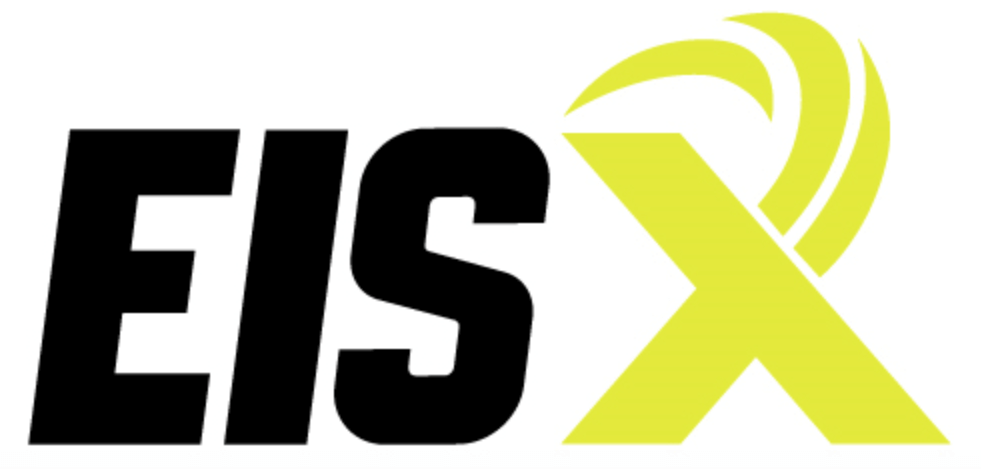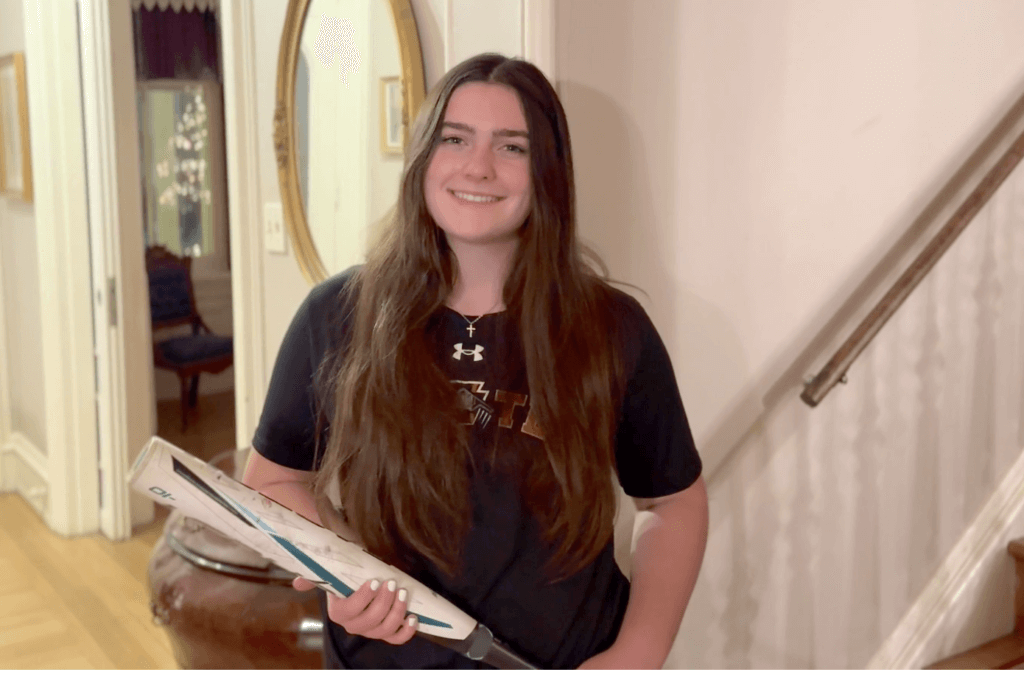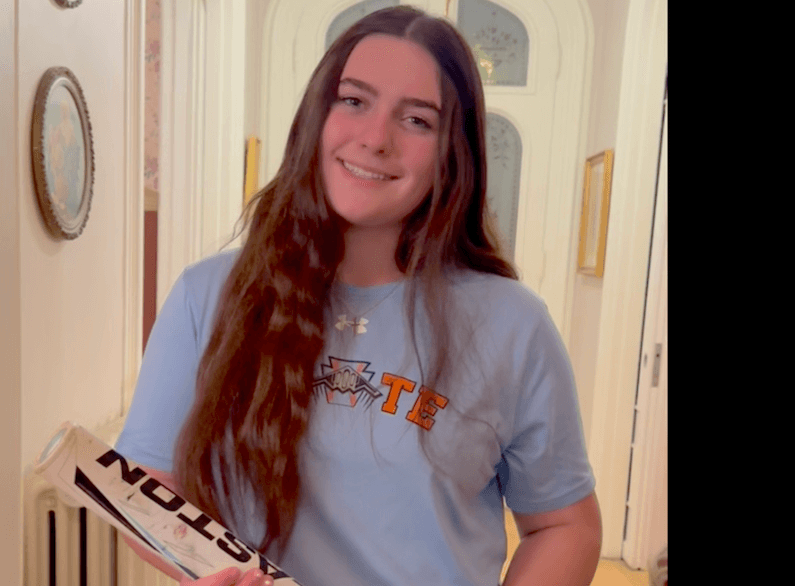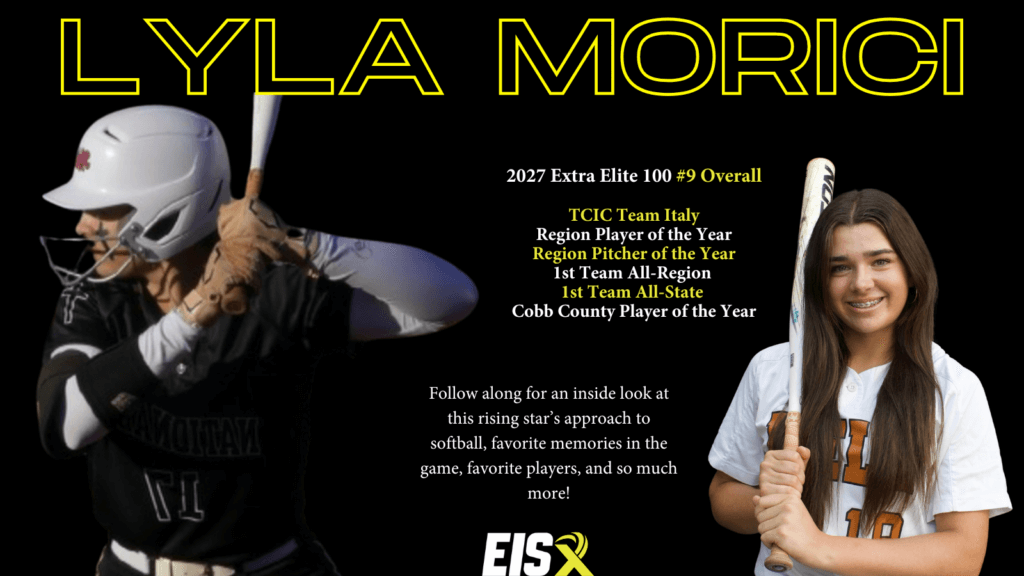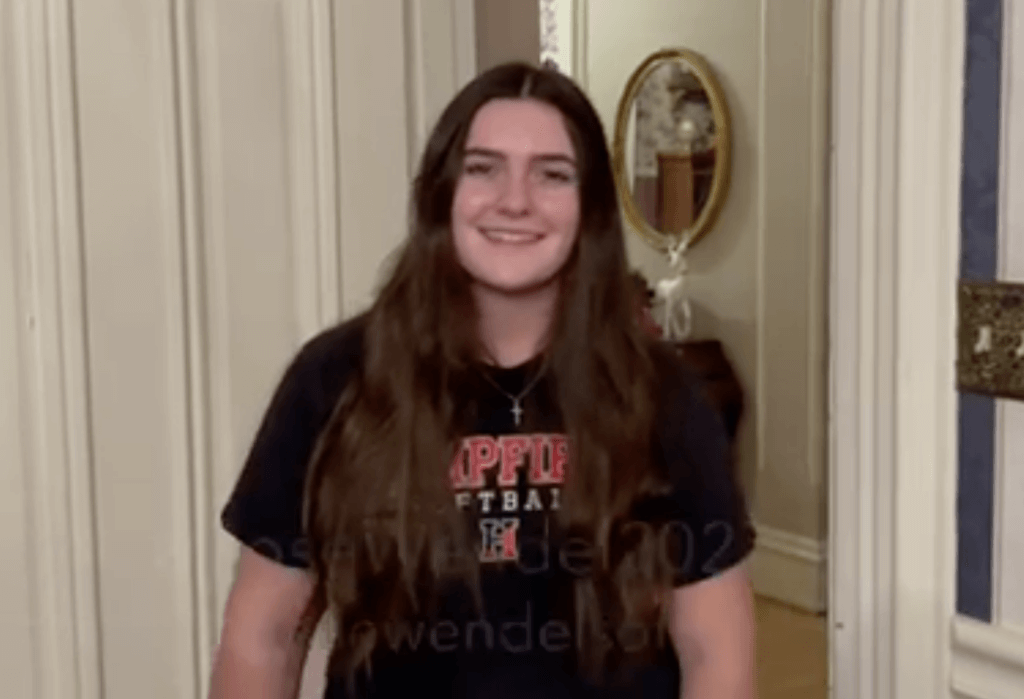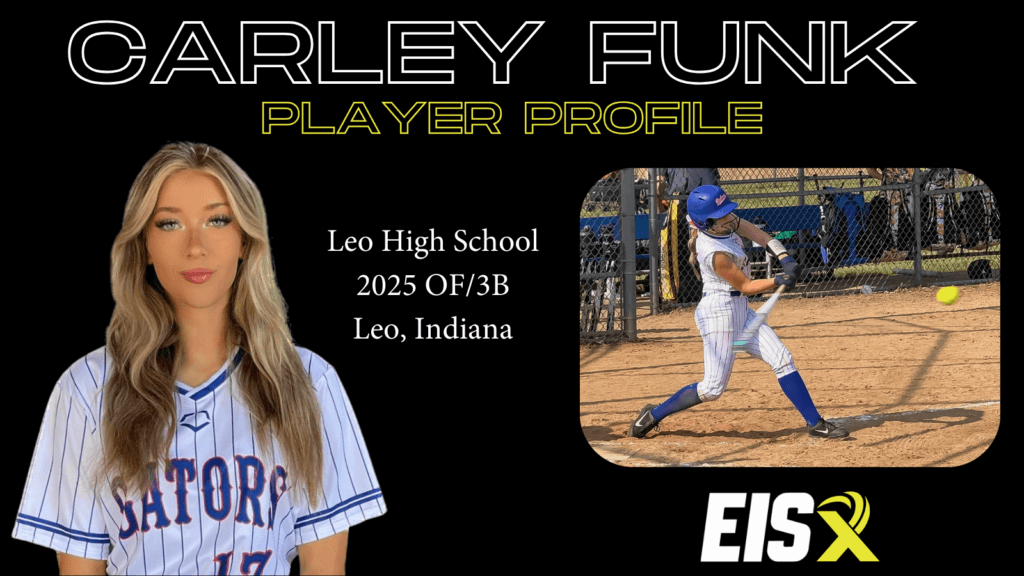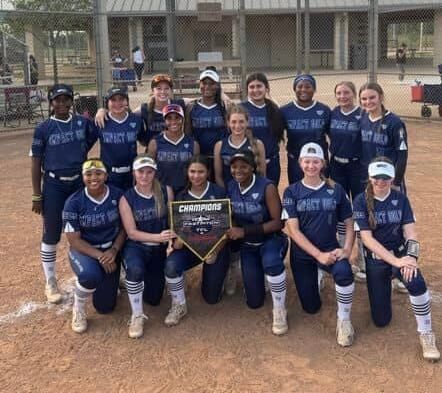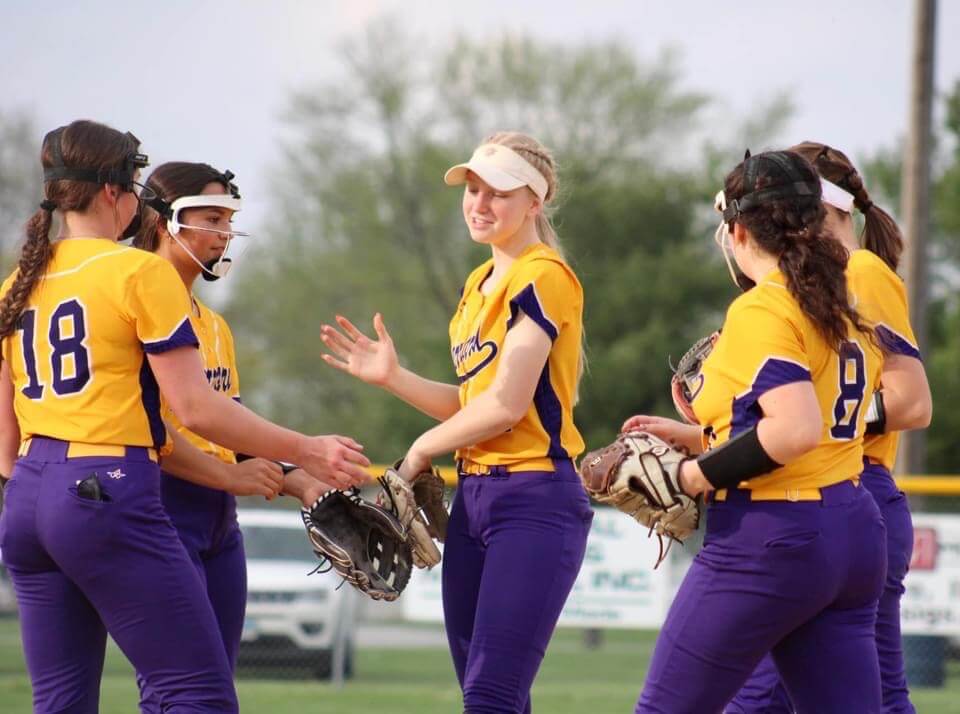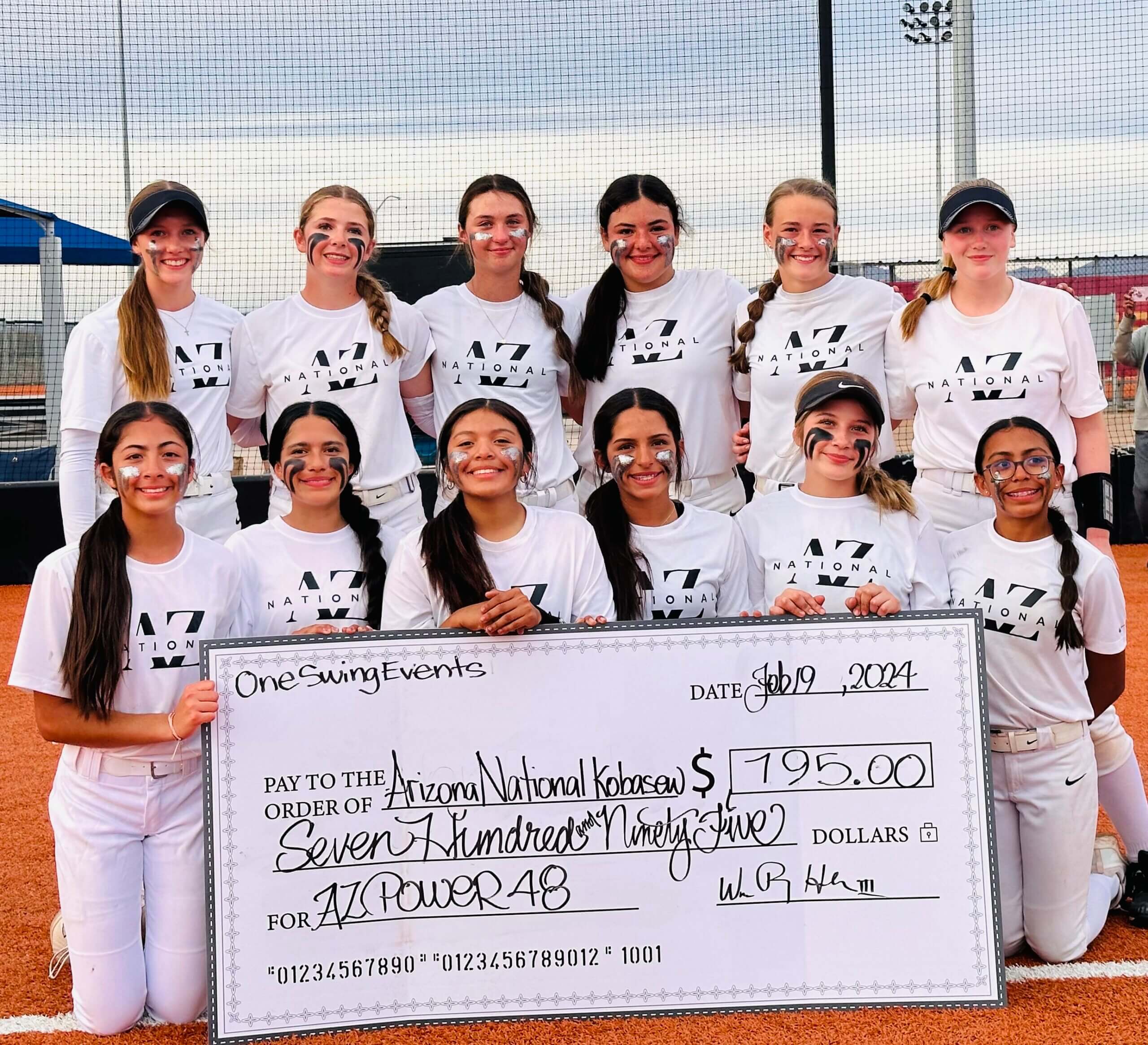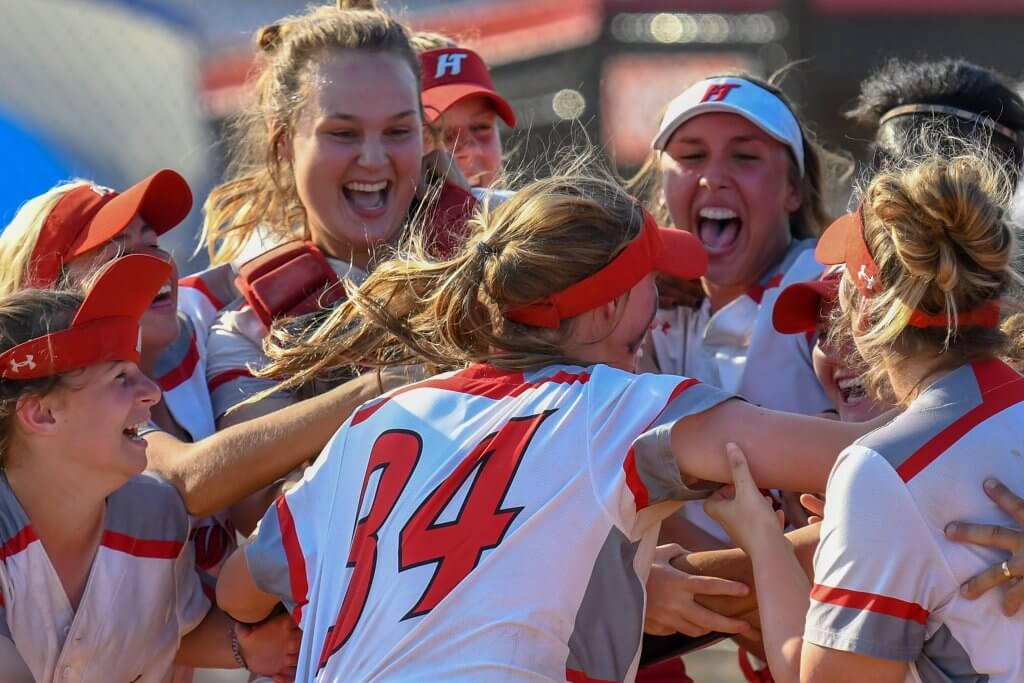
Today, we kickoff our list of the Top 15 Softball Stories of 2020, which will run through December 31st when we’ll present our No. 1 story of the year.
We’ve surveyed the softball community and talked internally as well to come up with what were the most impactful and relevant stories of the year pertaining to the world of fastpitch softball.
Where applicable, we are providing the text to the original articles and/or references when the story first happened.
Click Here to see the Top 15 Stories of 2019
Click Here to see the Top 15 Stories of 2018
Today’s Story of the Year: #15: College Athletes Can Now Be Compensated for their “Name, Image & Likeness”
To provide comments, insights or thoughts, email: [email protected].
*****
It has long been a bone of contention for college student-athletes that they could walk around campus or in their school’s community and see their jersey number and other likenesses representing them and their competitive successes while couldn’t be compensated in any way for their achievements. That the universities could profit from their names, sometimes into the millions of dollars, while they would have to live on a stipend.
I remember many years ago when an Ohio State quarterback did some modeling for a local retail store and the images ran in the Columbus Dispatch. There was a big uproar that the athlete was using his success as an athlete to get benefits that the typical student couldn’t and there was discussion that this could cost him his eligibility.
Fortunately, that situation was resolved, but in the future that scenario might not be an issue as the NCAA is looking to allow a student athlete to “receive compensation for third-party endorsements both related to and separate from athletics” which could include, well, pretty much anything.
One current SEC player told us: “I agree with the NCAA’s thought of putting this rule in place. For the sport of softball, the collegiate level is promoted the most and for student-athletes to be able to showcase themselves individually is important in having an influence on the sport and others.”
The rule allowing isn’t–or wasn’t–supposed to go into effect for over two years, but that timetable could be altered significantly.
Why?
Simply, because it got a bit more complicated in June when at least one state looked to move the timeline up to Jan. 1, 2021… which could give collegiate programs within its borders a head start in compensating athletes.
This will be fun to watch play out in 2021!
— Brentt Eads, Extra Inning Softball President & Executive Editor
*****
Breaking News: NCAA Moves to Allow College Athletes to Be Compensated for “Their Name, Image & Likeness”
Originally published April 29, 2020

Here is the complete article released by the NCAA today on its site NCAA.org…
Board of Governors moves toward allowing student-athlete compensation for endorsements and promotions
Published April 29, 2020
The NCAA’s highest governing body has taken unprecedented steps to allow college athletes to be compensated for their name, image and likeness.
 At its meeting this week, the Board of Governors supported rule changes to allow student-athletes to receive compensation for third-party endorsements both related to and separate from athletics.
At its meeting this week, the Board of Governors supported rule changes to allow student-athletes to receive compensation for third-party endorsements both related to and separate from athletics.
It also supports compensation for other student-athlete opportunities, such as social media, businesses they have started and personal appearances within the guiding principles originally outlined by the board in October.
While student-athletes would be permitted to identify themselves by sport and school, the use of conference and school logos, trademarks or other involvement would not be allowed. The board emphasized that at no point should a university or college pay student-athletes for name, image and likeness activities.
The board directed all three divisions to consider appropriate rules changes based on recommendations from its Federal and State Legislation Working Group.

“Throughout our efforts to enhance support for college athletes, the NCAA has relied upon considerable feedback from and the engagement of our members, including numerous student-athletes, from all three divisions,” said Michael V. Drake, chair of the board and president of Ohio State. “Allowing promotions and third-party endorsements is uncharted territory.”
The board’s recommendations now will move to the rules-making structure in each of the NCAA’s three divisions for further consideration. The divisions are expected to adopt new name, image and likeness rules by January to take effect at the start of the 2021-22 academic year.
The board is requiring guardrails around any future name, image and likeness activities. These would include no name, image and likeness activities that would be considered pay for play; no school or conference involvement; no use of name, image and likeness for recruiting by schools or boosters; and the regulation of agents and advisors.
The board’s action is the latest step by the Association to support college athletes and modernize its rules regarding name, image and likeness. In October, the board identified guiding principles to ensure that any changes support college sports as a part of higher education. Any changes adopted by the divisions must be in concert with the following principles and guidelines:
- Ensuring student-athletes are treated similarly to non-athlete students unless a compelling reason exists to differentiate.
- Maintaining the priorities of education and the collegiate experience to provide opportunities for student-athlete success.
- Ensuring rules are transparent, focused and enforceable, and facilitating fair and balanced competition.
- Making clear the distinction between collegiate and professional opportunities.
- Making clear that compensation for athletics performance or participation is impermissible.
- Reaffirming that student-athletes are students first and not employees of the university.
- Enhancing principles of diversity, inclusion and gender equity.
- Protecting the recruiting environment and prohibiting inducements to select, remain at or transfer to a specific institution.
The board relied on a comprehensive report from the Federal and State Legislation Working Group to inform its recommendations.

“The NCAA’s work to modernize name, image and likeness continues, and we plan to make these important changes on the original timeline, no later than January 2021,” said Gene Smith, Ohio State senior vice president and athletics director and working group co-chair. “The board’s decision today provides further guidance to each division as they create and adopt appropriate rules changes.”
In its report, the working group recognized that the rules needed to accomplish the modifications may differ by division and stressed the need for appropriate regulation in the future.
“As we evolve, the Association will continue to identify the guardrails to further support student-athletes within the context of college sports and higher education,” said Val Ackerman, commissioner of the Big East and working group co-chair. “In addition, we are mindful of the impact of the COVID-19 pandemic on higher education, college sports and students at large. We hope that modernized name, image and likeness rules will further assist college athletes during these unprecedented times and beyond.”
The board also discussed the potential challenges to modernizing rules posed by outside legal and legislative factors that could significantly undermine the NCAA’s ability to take meaningful action. As a result, it will engage Congress to take steps that include the following:
- Ensuring federal preemption over state name, image and likeness laws.
- Establishing a “safe harbor” for the Association to provide protection against lawsuits filed for name, image and likeness rules.
- Safeguarding the nonemployment status of student-athletes.
- Maintaining the distinction between college athletes and professional athletes.
- Upholding the NCAA’s values, including diversity, inclusion and gender equity.
The recommendations for federal engagement were provided by the Presidential Subcommittee on Congressional Action, which was formed as part of the Federal and State Legislation Working Group to provide input on the potential assistance the NCAA should seek from Congress.
“The evolving legal and legislative landscape around these issues not only could undermine college sports as a part of higher education but also significantly limit the NCAA’s ability to meet the needs of college athletes moving forward,” Drake said. “We must continue to engage with Congress in order to secure the appropriate legal and legislative framework to modernize our rules around name, image and likeness. We will do so in a way that underscores the Association’s mission to oversee and protect college athletics and college athletes on a national scale.”
*****
Inside Pitch: What the Florida Law Passage Allowing College Player Endorsement Could Mean for Softball, Including Recruiting
Originally published June 13, 2020
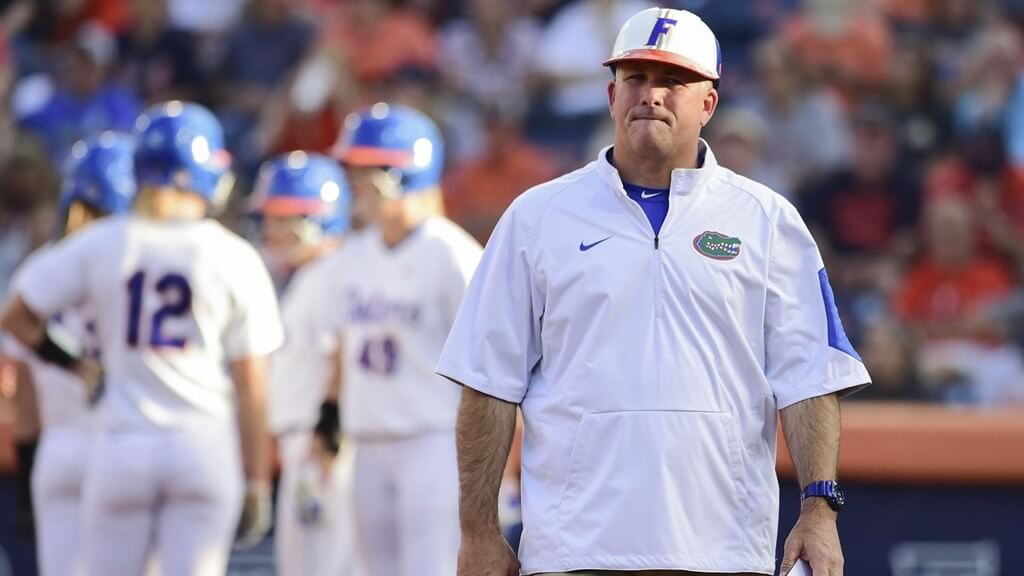
When Florida Governor Ron DeSantis signed the bill into law on Friday allowing athletes in college to benefit financially from their “name, image and likeness (NIL),” it raised a lot of concerns about how the law will impact not just the collegiate players, but also how it will impact recruiting.
Dan Murphy’s excellent article on ESPN Friday covered why the new state law in the Sunshine State has the NCAA very worried about recruiting overall.
Murphy wrote: “In response to legislative action in other states, the NCAA has taken recent steps toward revising rules that currently prohibit student-athletes across the country from accepting money from third-party sources.”
“Florida’s law puts additional pressure on NCAA leaders by significantly shrinking the timeline for them to enact the type of uniform national changes they say they prefer.”
In other words, as states such as Colorado, California and now Florida are looking to allow college athlete’s to receive endorsements and be compensated for their NIL, the NCAA thought it had time—more than 2 ½ years—to come up with a solution as the first two states approved laws aren’t set to go into effect until Jan. 1, 2023.
And it’s not just those three—expect every state to look to “keep up with the Jones” and come up with their own version of law allowing similar benefits to athletes.
Florida’s newly signed legislation kicks in this New Year’s Day and, suddenly, the scales of opportunity could be tilted heavily to Florida’s side and have a significant impact on recruiting sooner than the NCAA thought possible.
How?
“NCAA president Mark Emmert and other college sports stakeholders are strongly opposed to having individual states create new laws that dictate the rules for how college athletes can profit from the use of their names, images and likenesses (NIL),” Murphy explains.
“Emmert is concerned that a ‘patchwork’ of state laws would cause student-athletes to pick schools based on where they can make the most money and give some athletic programs an unequal recruiting advantage.”
*** Scroll down to read more about this suddenly time-sensitive issue for college sports…
